EDRi
Filter by...
-
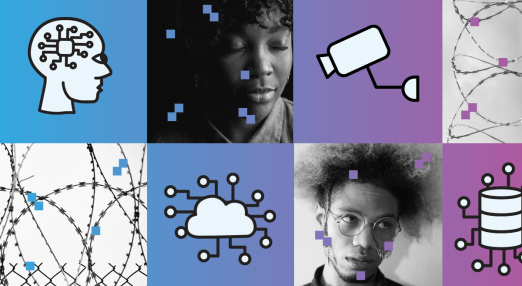
When technology is the problem, not the solution: Lessons from harmful consequences of techno-solutionism in digital surveillance
AI-powered surveillance systems are being deployed globally - from Israel and Russia to EU member states. These systems target marginalised communities under the guise of improving security and efficiency. To rectify these harms, we must challenge techno-solutionist narratives and rethink why and how technology is used, and center human rights.
Read more
-

Digital trade: the new frontline in the fight for our rights
The EU is signing digital trade deals that could undermine fundamental rights and block oversight of software systems shaping our lives. From data protection to algorithmic accountability, these agreements risk empowering opaque systems - used by both companies and governments - at the expense of the people most affected by them.
Read more
-
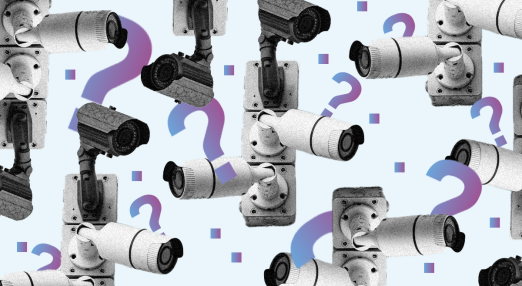
Ljubljana’s municipal surveillance: Where trust trumps data
During a Ljubljana municipal council debate on CCTV transparency, several concerning points were raised regarding the Slovenian capital's network of over 500 surveillance cameras and the methods employed to assess their effectiveness in preventing crime. The discussion revealed that the entire system relies heavily on trust in the authorities, without any substantial data to support the cameras' effectiveness or a clear rationale for their widespread deployment.
Read more
-
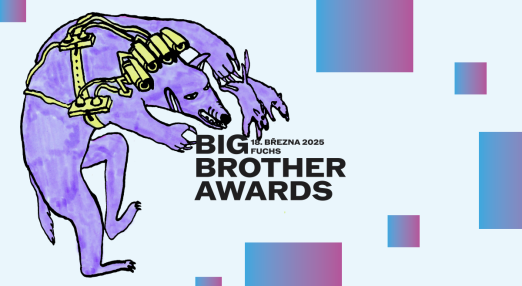
Avoiding regulation of biometric surveillance and loyalty applications: The 20th Big Brother Awards took place in the Czech Republic
For the twentieth time, the Czech organization and EDRi member IuRe (Iuridicum Remedium) awarded prizes to the greatest snoopers.
Read more
-

Panoptykon Foundation challenges the data retention regime in Poland: Telecom companies requested to delete activists’ data
EDRi member Panoptykon Foundation supports activists and attorney-at-law Artur Kula to demand that the four biggest telecom companies in Poland delete data stored for the purpose of law enforcement in the 12 months prior. They want to challenge the current unlawful data retention regime in Poland.
Read more
-
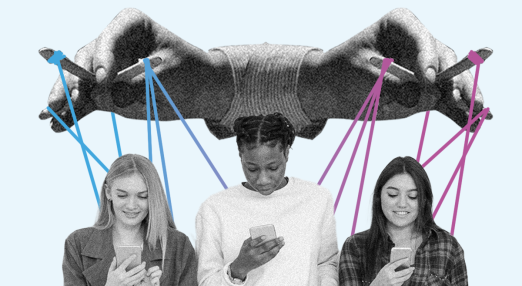
Civil society files DSA complaint against Meta for toxic, profiling-fueled feeds
Civil society organisations Bits of Freedom, Convocation Design + Research, European Digital Rights (EDRi), and Gesellschaft für Freiheitsrechte (GFF) are filing a complaint against Meta for violating the Digital Services Act (DSA).
Read more
-

When data never dies: How better GDPR enforcement could minimise hate and harm
Lax enforcement of the GDPR has had far-reaching consequences for many people and collectives in the EU, especially those most vulnerable. Through a story based on real life experiences of people, this blog highlights the gap between the GDPR’s promise of protection and its current reality of weak enforcement, and the opportunity EU lawmakers have with the ongoing GDPR Procedural Regulations to take bold steps to protect our data rights.
Read more
-

Building bridges for digital rights: The Civic Journalism Coalition
EDRi, EDRi member ECNL, Lighthouse Reports have launched the Civic Journalism Coalition – a space to strengthen investigative reporting, protect journalists from surveillance, and advocate for digital rights policies at the EU level.
Read more
-
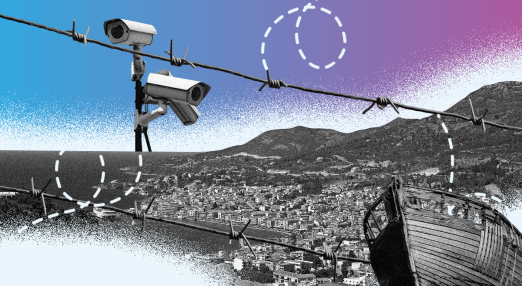
Surveilling Europe’s edges: when research legitimises border violence
In May 2024, EDRi member Access Now’s Caterina Rodelli travelled across Greece to meet with local civil society organisations supporting migrant people and monitoring human rights violations, and to see first-hand how and where surveillance technologies are deployed at Europe’s borders.
Read more
-
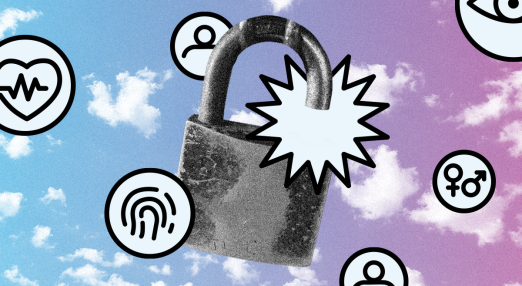
The ePrivacy Regulation proposal has been withdrawn, but the fight for your privacy is far from over
The European Commission's withdrawal of the ePrivacy Regulation proposal is a major setback for privacy rights in Europe, driven by pressure from industry interests and national security concerns. However, EDRi remains committed to advocating for stronger privacy protections, challenging commercial and state surveillance in future legislative efforts.
Read more
-

GDPR Procedural Regulation: A critical opportunity to strengthen cross-border enforcement
As EU negotiators continue trilogue discussions on the GDPR Procedural Regulation, civil society organisations across Europe are raising the alarm: the proposed reforms risk failing to address the long-standing enforcement challenges that have undermined the GDPR’s effectiveness. In a joint letter, EDRi, Access Now and 34 fellow organisations call on policymakers to prioritise robust, rights-centred enforcement mechanisms that ensure individuals can meaningfully exercise their rights.
Read more
-

Chaos Computer Club supports hackers facing legal battle with railway manufacturer
Three ethical hackers were targeted by Polish railway manufacturer Newag after exposing anti-competitive practices. EDRi member Chaos Computer Club is backing the researchers to ensure they can continue their vital work without fear of legal retaliation.
Read more
